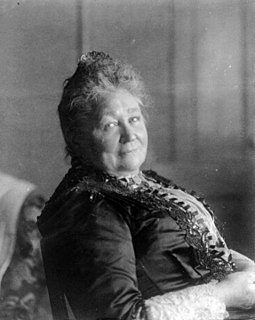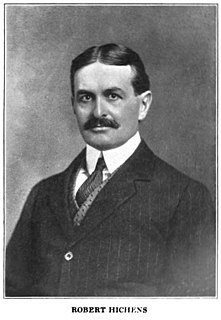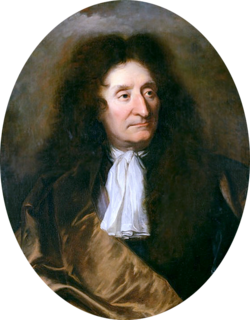A Quote by John Locke
Brutes abstract not. -- If it may be doubted, whether beasts compound and enlarge their ideas, that way, to any degree; this, I think, I may be positive in, that the power of abstracting is not at all in them; and that the having of general ideas is that which puts a perfect distinction betwixt man and brutes, and is an excellency which the faculties of brutes do by no means attain to.
Related Quotes
The acts of the mind, wherein it exerts its power over simple ideas, are chiefly these three: 1. Combining several simple ideas into one compound one, and thus all complex ideas are made. 2. The second is bringing two ideas, whether simple or complex, together, and setting them by one another so as to take a view of them at once, without uniting them into one, by which it gets all its ideas of relations. 3. The third is separating them from all other ideas that accompany them in their real existence: this is called abstraction, and thus all its general ideas are made.
Compared with men, it is probable that brutes neither attend to abstract characters, nor have associations by similarity. Their thoughts probably pass from one concrete object to its habitual concrete successor far more uniformly than is the case with us. In other words, their associations of ideas are almost exclusively by contiguity. So far, however, as any brute might think by abstract characters instead of by association of con cretes, he would have to be admitted to be a reasoner in the true human sense. How far this may take place is quite uncertain.
A man's knowledge may be said to be mature, in other words, when it has reached the most complete state of perfection to which he, as an individual, is capable of bringing it, when an exact correspondence is established between the whole of his abstract ideas and the things he has actually perceived for himself. His will mean that each of his abstract ideas rests, directly or indirectly, upon a basis of observation, which alone endows it with any real value; and also that he is able to place every observation he makes under the right abstract idea which belongs to it.
Now what is it moves our very hearts, and sickens us so much at cruelty shown to poor brutes? I suppose this first, that they have done no harm; next, that they have no power whatever of resistance; it is the cowardice and tyranny of which they are the victims which makes their sufferings so especially touching.
You perceive now, my friends, what your general or abstract duty is as teachers. Although you have to generate in your pupils a large stock of ideas, any one of which may be inhibitory, yet you must also see to it that no habitual hesitancy or paralysis of the will ensues, and that the pupil still retains his power of vigorous action.
The moral nature of man is more sacred in my eyes than his intellectual nature. I know they cannot be divorced - that without intelligence we should be brutes - but it is the tendency of our gaping, wondering dispositions to give pre-eminence to those faculties which most astonish us. Strength of character seldom, if ever, astonishes; goodness, lovingness, and quiet self-sacrifice, are worth all the talents in the world.
There is only one Art, whose sole criterion is the power, the authenticity, the revelatory insight, the courage and suggestiveness with which it seeks its truth. ... Thus, from the standpoint of the work and its worth it is irrelevant to which political ideas the artist as a citizen claims allegiance, which ideas he would like to serve with his work or whether he holds any such ideas at all.




































